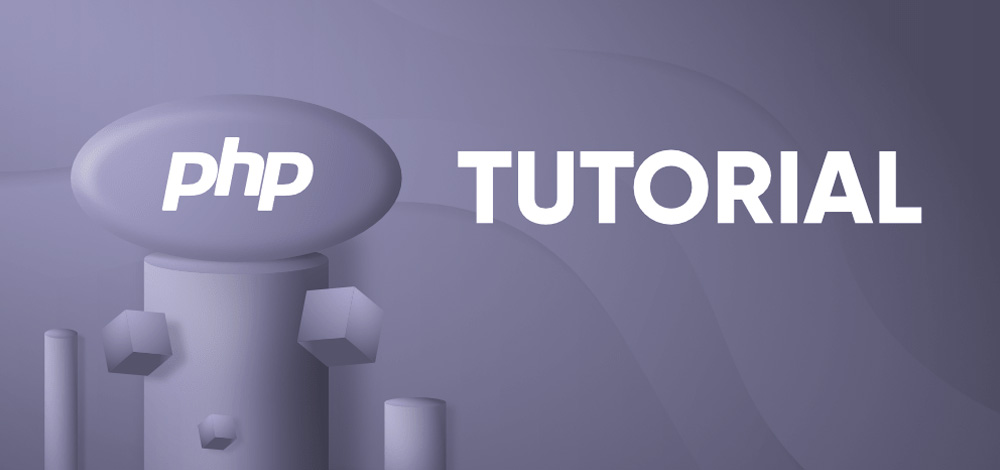This PHP tutorial, whether you’re a beginner or a professional, our tutorial is designed to provide you with in-depth knowledge of the PHP scripting language.

With our PHP tutorial, you’ll learn all the important topics, including control statements, functions, arrays, strings, file handling, form handling, regular expressions, date and time manipulation, object-oriented programming in PHP, mathematical operations, working with PHP and MySQL, integrating PHP with Ajax, harnessing the power of PHP with jQuery, and more.
What is PHP?
The term PHP is an acronym for Hypertext Preprocessor. It is an open-source, interpreted, object-oriented server-side scripting language that is used for web development. PHP is developed by the Rasmus Lerdorf in 1994 with the very first version of PHP that simply designed to set the Common Gateway Interface (CGI) binaries, which are written in C programming language. The latest version of PHP is PHP versions 8 which is released on November 24, 2022. It can be easily embedded with HTML files. HTML codes can also be written in a PHP file. The PHP codes are executed on the server-side whereas HTML codes are directly executed on the browser.
Example: Simple program to print “Hello world!” message on the screen.
PHP
<?php
/* echo is a print command */
echo "Hello world!";
?>
Output:
Hello world!
Why we learn PHP ?
It is one of the widely used open-source general-purpose scripting language that is used for backend Development. Apart from this, let’s see why we should learn it.
- Easy to Learn: It is easier to learn for anyone who has come across to any programming language for the first time.
- Free of Cost: Since it is an open-source language, therefore developers are allowed to use its components and all methods for free.
- Flexible: Since It is a dynamically typed language, therefore there are no hard rules on how to build features using it.
- Supports nearly all databases: It supports all the widely used databases, including MySQL, ODBC, SQLite etc.
- Secured: It has multiple security levels provides us a secure platform for developing websites as it has multiple security levels.
- Huge Community Support: It is loved and used by a huge number of developers. The developers share their knowledge with other people of the community that want to know about it.
Applications of PHP
- Server-side web development: It is a development where the program runs on server dealing with the generation of content of web page.
- Content management systems (CMS): It is a framework already designed by other programmers and coders on which you can either contribute your knowledge and skills, or just use those coders’ skills to design your own website or blog
- E-commerce websites: E-commerce, or electronic commerce, refers to the buying and selling of goods and services over the internet.
- Database-driven applications: It is a software application that relies on a database to store, manage, and retrieve data. It utilizes a database management system (DBMS) to organize and manipulate data, enabling efficient data storage, retrieval, and management.
- Web APIs: It is an API as the name suggests, it can be accessed over the web using the HTTP protocol. It is a framework that helps you to create and develop HTTP based RESTFUL services.
These applications demonstrate the versatility and widespread use of PHP in web development, powering a vast array of websites and applications.
Learn more about PHP:
Functions Complete References:
Interview Questions and Answers:
FAQs on PHP Tutorial
Q1: What is PHP full form?
Answer: PHP stands for “Hypertext Preprocessor.”
Q2: How can I learn PHP easily?
Answer: You can learn PHP easily by starting with the basics, practicing coding, utilizing online resources, joining a PHP community, and building projects.
Q3: Can I learn PHP in 3 months?
Answer: Yes, it is possible to learn PHP in 3 months, but the level of proficiency attained may vary based on prior experience, learning dedication, and available time.
Q4: What are the prerequisite knowledge required for PHP?
Answer: To get started with PHP, you need to have Basic understanding of computer programming & web development, i.e., Basics of HTML, CSS, Javascript, along with having the knowledge in MySql.